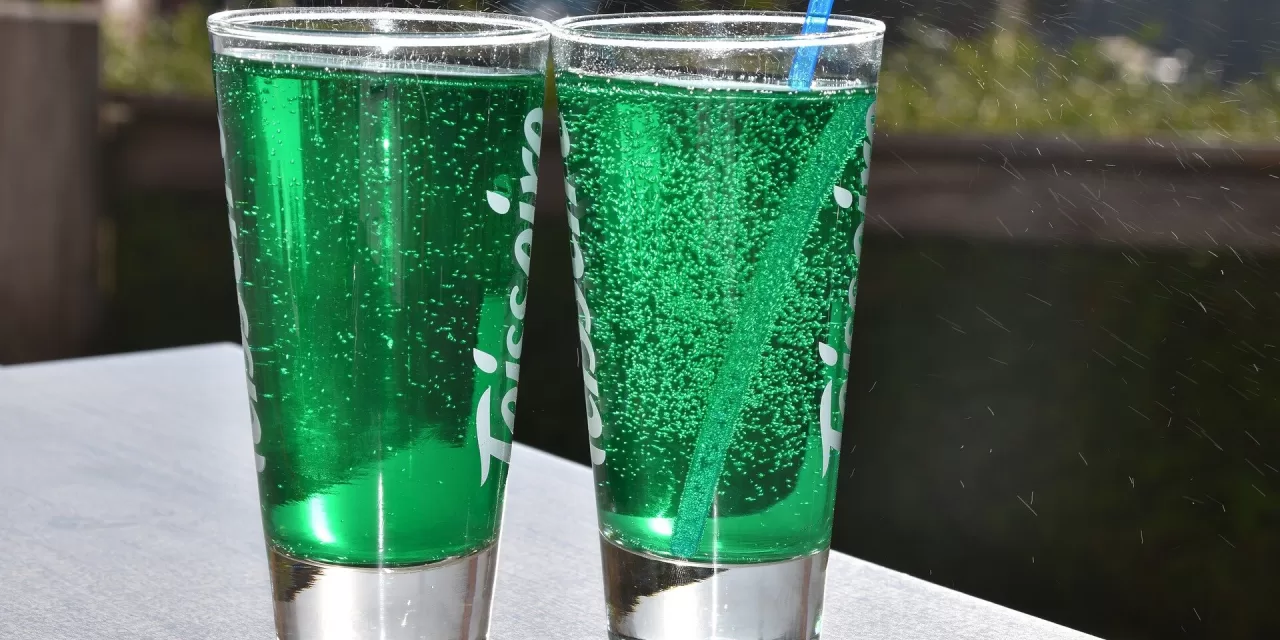December 20, 2024 — A new study has found that higher consumption of artificially sweetened beverages (ASBs) and sugar-sweetened beverages (SSBs) is associated with an increased risk of developing chronic kidney disease (CKD). The research, published in Frontiers in Nutrition on November 25, 2024, underscores the potential long-term health impacts of these popular drink choices.
The study, led by Xiao-Yu Dai from the University of Electronic Science and Technology of China in Mianyang, and collaborators, analyzed data from 191,956 participants in the UK Biobank, tracked over a median period of 10.6 years. The researchers investigated the relationship between the consumption of ASBs, SSBs, and natural juices with the development of CKD.
Findings indicated that participants who consumed more than one serving of ASBs or SSBs daily were at a significantly higher risk of developing CKD. Specifically, the hazard ratio for CKD was 1.45 for those drinking SSBs more than once a day, and 1.52 for those consuming ASBs at the same level. These figures suggest a notable correlation between the regular intake of these sugary or artificially sweetened drinks and kidney disease risk.
The study also explored the impact of natural juices, revealing a J-shaped relationship. While moderate consumption of natural juices (0 to 1 serving per day) was associated with a lower risk of CKD (hazard ratio 0.86), higher intakes were linked to an increased risk, although the association was less pronounced than for ASBs and SSBs.
Further analysis indicated that the relationship between high consumption of SSBs and ASBs and CKD was partially mediated by metabolic syndrome, which accounted for 12.5% and 18.0% of the effect, respectively. Metabolic syndrome, a cluster of conditions such as high blood pressure, elevated blood sugar, and abnormal cholesterol levels, has long been recognized as a significant risk factor for kidney disease.
The researchers emphasize that while the study shows a clear association between the consumption of sugary and artificially sweetened beverages and CKD, it does not establish a direct cause-and-effect relationship. They suggest that limiting the intake of such beverages could play a critical role in preventing the onset of CKD.
“Although the causal relationship cannot be firmly established, our results highlight the importance of reducing the consumption of ASBs and SSBs as a preventive measure against CKD,” the authors noted. “Further research is needed to confirm these findings and to explore the optimal intake levels for natural juices.”
This study adds to a growing body of evidence linking diet and kidney health, encouraging individuals to reconsider their beverage choices for better long-term well-being.
For more details, refer to the full study: Dai, Xiao-Yu et al. Sugary Beverages Intake and Risk of Chronic Kidney Disease: The Mediating Role of Metabolic Syndrome. Frontiers in Nutrition, 2024. DOI: 10.3389/fnut.2024.1401081.












